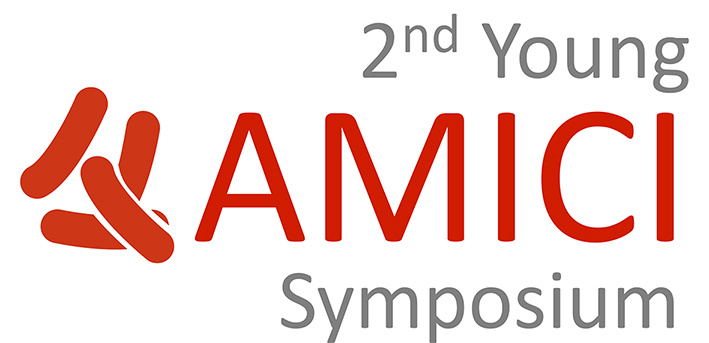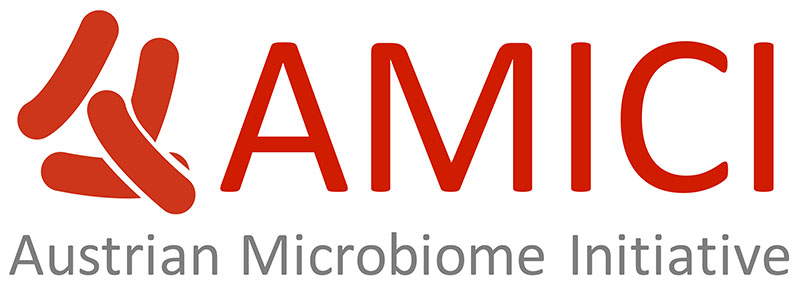
September 11-12th, 2023
ONLINE via ZOOM
ORGANISERS
- Nataliia Solntseva, PhD student, University of Vienna
- Alexander Pfundner, PhD student, University of Vienna
- Jessica Neubauer, PhD student, University of Vienna
- Jasper Schierstaedt, PostDoc, University of Technology, Graz
- Tea Movsesijan, PhD student, University of Veterinary Medicine, Vienna
- Franz-Ferdinand Roch, PhD student, University of Veterinary Medicine, Vienna
SESSIONS AND SPEAKERS
Day 1 - September 11th
Food microbiology (13:30 - 15:30)
Liam Walsh, Teagasc, Agriculture and Food Development Authority, Ireland
Large Scale Metagenomic analysis of the Fermented Beverage Kefir
Lauren Alteio, FFoQSI, Austrian Competence Centre for Feed and Food Quality, Safety & Innovation, Austria
Challenges and future perspectives on the persistence phenotype of food-associated Listeria monocytogenes
Vincenzo Valentino, University of Naples Federico II
Microbial communities in cheeses and their production environment explored through shotgun metagenomics
Bioinformatics in microbiology (15:30 - 18:00)
Olga Bochkareva, University of Vienna
Computational identification and biological interpretation of genome rearrangements in microbes
André Soares, University of Duisburg-Essen
A microbial oasis in extreme cave environments
Lovro Trgovec-Greif, University of Vienna
Annotating genomes in a custom way
Paolo Manghi, University of Trento
Large-scale meta-analytic approaches for systematic and reproducible associations between the human microbiome and host's conditions
Day 2 - September 12th
Microbe-microbe and microbe-host interactions (12:30 - 14:00)
Bidong Nguyen, ETH Zürich
The role of sugar substitutes in Salmonella Typhimurium virulence
Viktoriia Savchenko, University of Vienna
Biosynthetic flexibility of Pseudomonas aeruginosa leads to hydroxylated 2-Alkylquinolones with proinflammatory host response
Eeman Abbasi, University of Pennsylvania
Mathematical framework to elucidate the role of host immune response and its interaction with the microbiome community
Phages (14:00 - 16:00)
Xichuan Zhai, University of Copenhagen
The impact of storage buffer and storage conditions on fecal samples for bacteriophage infectivity and metavirome analyses
Aryan Rahimi Midani, University of Würzburg
Phage-host interaction regulating skin microbiota
Weiwei Yang, New England Biolabs
Z-DNA containing phages and Z-DNA biosynthetic pathways using the concept of metaGPA
Sheetal Patpatia, University of Helsinki
Rapid hydrogel-based phage susceptibility test for pathogenic bacteria
Plant microbial ecology (16:00 - 18:00)
Samuel E. Barnett, Michigan State University
Functional resilience in the soil microbiome under long term anthropogenic disturbance: Insights from the seven-decade-old Centralia coal mine fire
Alexandros Mosca, University of Catania
Composition and functional profiles of soil bacterial communities in lemon groves of a dedicated production area
Gillian E. Bergmann, University of California-Davis
Overlap between stigma and seed bacterial communities of commercial watermelon and their effects on seedling vigor
Carolina Boto Courinha Lobato, University of Technology Graz
Exploring the Microbiome of Cannabis Seeds through Domestication and Breeding Stages
